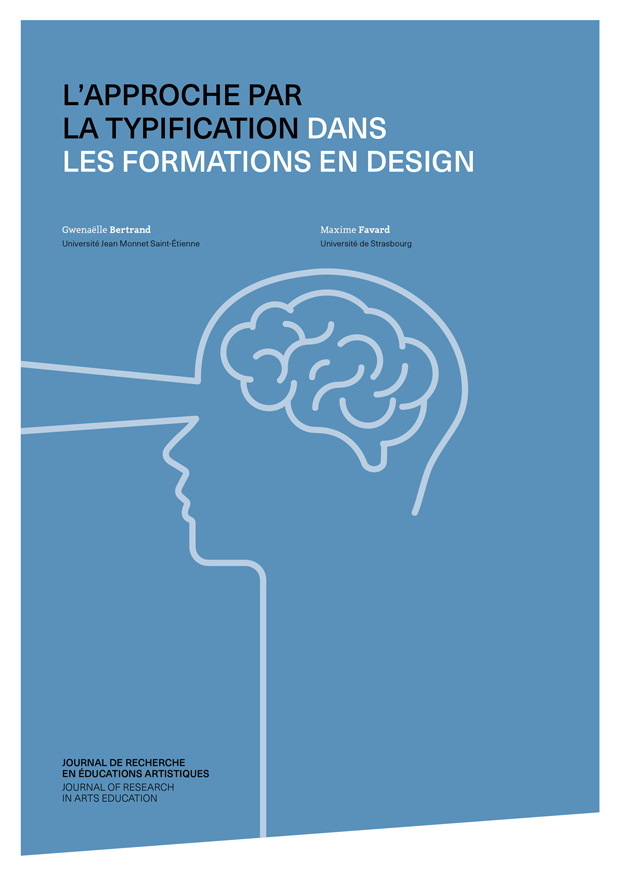L'approche par la typification dans les formations en design
DOI:
https://doi.org/10.26034/vd.jrea.2024.5075Keywords:
design, typification, system, process of concretization, industrial sustainablilityAbstract
This text intends to defend the learning of the process of conception and concretization in design education, particularly at the university because of its potential to instruct new socio-industrial dialogues. By pointing to the principles of the typification inherited from the Staatliches Bauhaus, we are interested in their revival through the probabilistic conception of systems taught at the Hochschule für Gestaltung (HfG) Ulm, a few decades later. The reading that we propose of this double heritage allows us, consequently, to consider the ecological, economic, social and technical (ecosociotechnical) approach to types based on the challenge of industrial sustainability.

Downloads
Published
Issue
Section
Categories
License
Copyright (c) 2024 Gwenaëlle Bertrand, Maxime Favard

This work is licensed under a Creative Commons Attribution 4.0 International License.
The CC-BY licence authorises the sharing and adaptation of the document provided that the work is credited, a link to the licence is included and it is indicated whether any modifications have been made.


